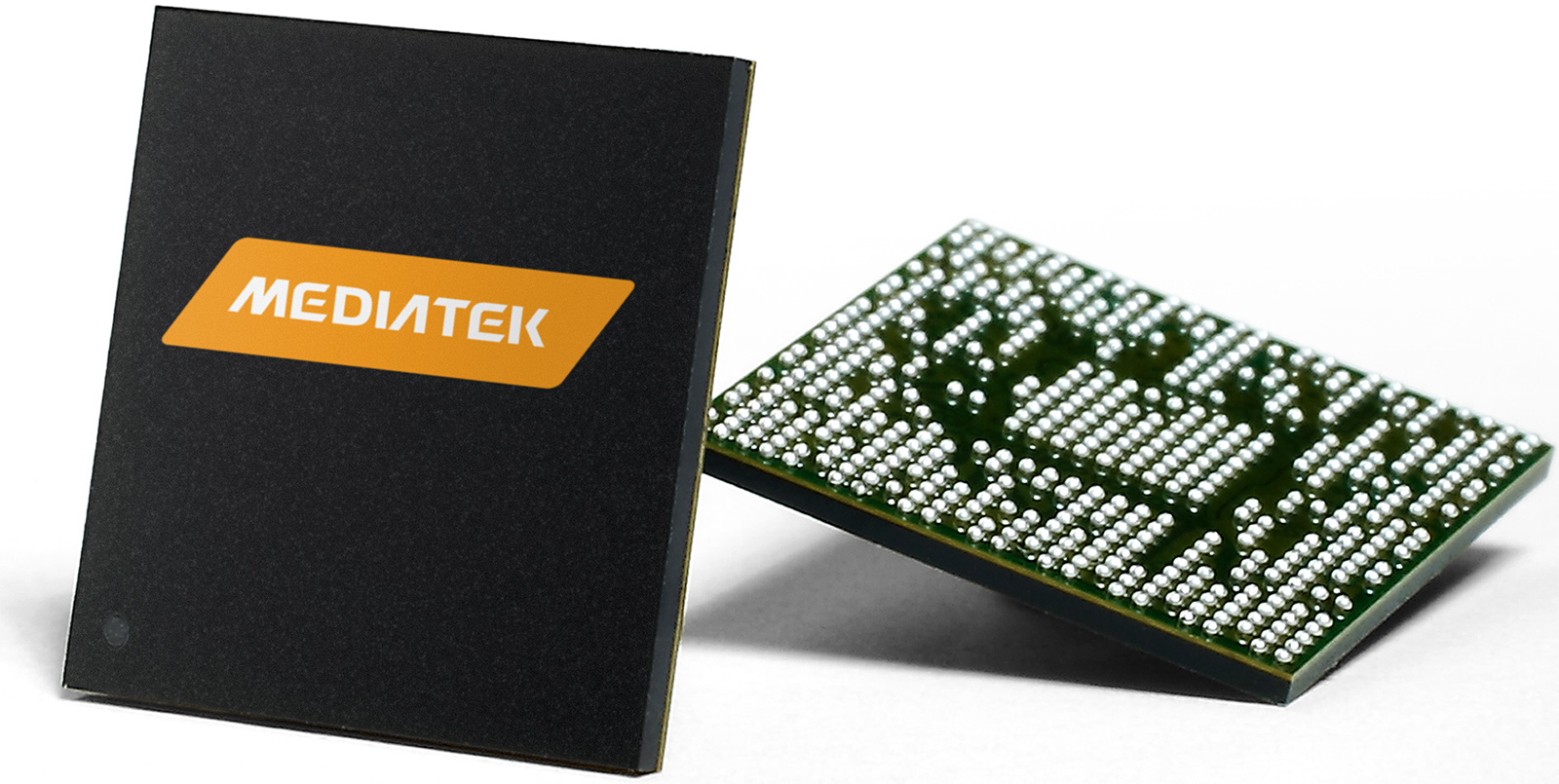AMD had a pretty successful time at CES 2019, unveiling a handful of new products including its next generation graphics card and processors. Unfortunately, the firm has reportedly capped off the week by suing MediaTek for allegedly infringing on patents related to AMD’s GPU and APU technologies.
The patents were originally filed by ATI, a graphics company which was acquired by AMD in 2006. In 2017, AMD requested that the United States International Trade Commission (ITC) looks into its claims of infringement, alleging that MediaTek, along with LG, Vizio and Sigma Designs all owed the chipmaker royalties.
Although the ITC sided with AMD by the end of its investigation in 2017, Bloomberg (via Seeking Alpha) reports that the firm has filed a lawsuit against MediaTek for continuing to use its technology in televisions. This seeks damages for past, present and future use of unified shaders, graphics processing architecture, and parallel pipeline graphics systems outlined in the two supposedly breached patents.
Neither company has publicly addressed the lawsuit. To be clear, these developments are not related to AMD’s recent Radeon VII announcement last week, or its APU line of processors that were unveiled alongside its 3rd generation of Zen architecture.
KitGuru Says: There are always legal rumblings in the world of technology, but there seems to be more cropping up at the start of the year than we are used to seeing. Hopefully the two companies can resolve things quickly, as lawsuits can otherwise span years.
 KitGuru KitGuru.net – Tech News | Hardware News | Hardware Reviews | IOS | Mobile | Gaming | Graphics Cards
KitGuru KitGuru.net – Tech News | Hardware News | Hardware Reviews | IOS | Mobile | Gaming | Graphics Cards



